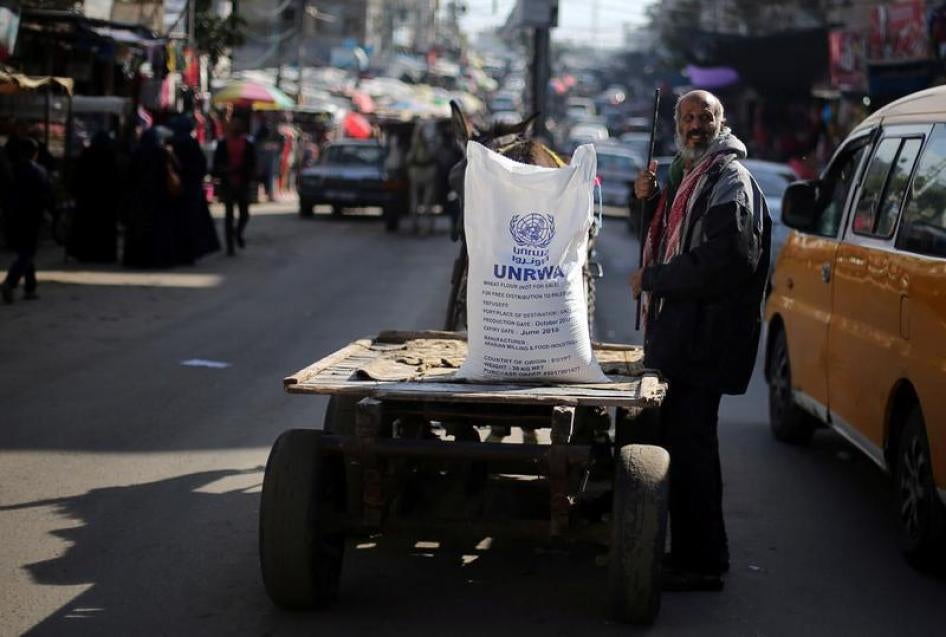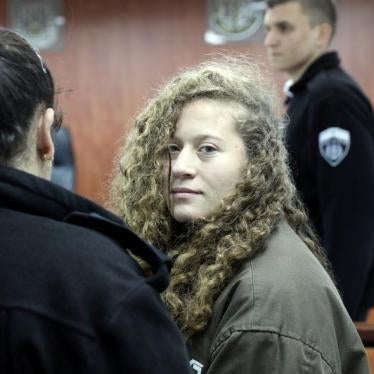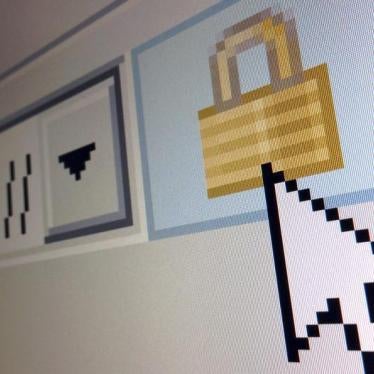The US government has announced it will cut its expected January contribution to the United Nations Relief and Works Agency for Palestine Refugees (UNRWA) by half – a move that could undermine efforts to educate children, provide health care to mothers, and feed babies.
The US gives this money voluntarily, but, since it’s the agency’s largest donor, this sudden and unexpected decision to withhold US$65 million could have an immediate impact on the Palestinian refugees who rely on UN operations.
US President Donald Trump hasn’t been shy about politicizing humanitarian aid. He has already used it to pressure the Palestinian Authority into joining peace negotiations led by his administration. On January 2, Trump tweeted, “we pay the Palestinians HUNDRED (sic) OF MILLIONS OF DOLLARS a year and get no appreciation or respect.” At one point, it looked like the US might withhold all funding, before deciding to cut its first payment of the year in half, pending a “fundamental review” of the way the agency operates.
The UNRWA provides critical services to 5.3 million refugees in the Occupied Palestinian Territory, Jordan, Lebanon, and Syria, including educating over a half million girls and boys in 700 schools and handling over 9 million refugee patient visits at over 140 health clinics. Many of these refugees live in extreme poverty – 95 percent of those in Syria require humanitarian assistance, for example – and UNRWA assistance serves as a lifeline for them.
Unless other governments fill the gap soon, the US cuts will jeopardize children’s schooling, vaccinations, and maternal health care for refugees, among other basic humanitarian needs. Even the US government’s own spokesperson recognized that without the expected US contribution, “UNRWA operations were at risk of running out of funds and closing down.”
Of course, UNRWA, as an aid agency, is not a party to the peace process. But the administration seems intent on holding them hostage – and ultimately punishing vulnerable Palestinian refugees – as an indirect way to put pressure on the Palestinian Authority to join peace talks.
When the Trump administration ended its support to the UN Population Fund in April 2017, the Dutch, Danish, Swedish, and Belgian governments stood up for reproductive rights, started a “She Decides” fundraising appeal, and stepped in to fill the vacuum. Already, Belgium has begun to help fill the US$65 million gap to UNRWA left by the US, making its three-year US$23 million payment to UNRWA all at once. If other governments stand up for Palestinian refugees and make similar unconditional front-loaded donations to UNRWA, it will send a strong message that humanitarian aid shouldn’t be used as a form of political blackmail.










